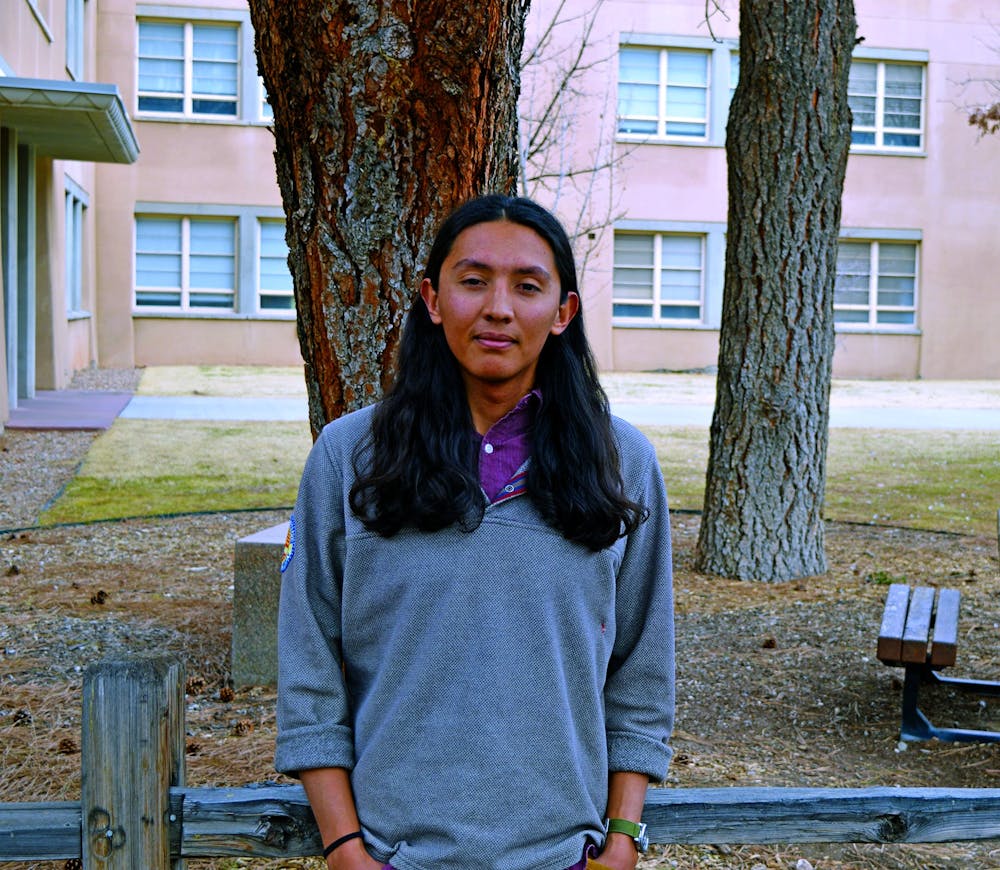A team of researchers at the University of New Mexico is examining various ways to combat climate change as a part of the South Central Climate Adaptation Science Center (CASC) managed by the U.S. Geological Survey.
David Gutzler, a professor and climatologist in the Department of Earth and Planetary Sciences, said the Southwest is particularly susceptible to warming temperatures amid climate change. Gutzler said the biggest threat to the environment is the continued increase of carbon dioxide and other greenhouse gases in the atmosphere.
"There's been no effective, global policy to bring greenhouse gas concentrations down," Gutzler said. "So there's every reason to expect large scale climate change to continue on into the near future at least."
CASC is part of a federal network of eight climate adaptation science centers managed by the U.S. Geological Survey's National Climate Adaptation Science Center (NCASC).
According to its website, NCASC and regional CASCs work with natural and cultural resource managers to gather scientific information and build the tools needed to help ecosystems and the animals within them adapt to the impacts of climate change.
Renia Ehrenfeucht, chair of the Community and Regional Planning Department at the School of Architecture and Planning, co-leads the UNM consortium with Gutzler and Director of the UNM Water Resources Program John Fleck.
UNM has been a member of the CASC since August 2018 according to Maurice Cruz, the only employee from CASC that works in New Mexico. Cruz serves as the CASC tribal liaison in the state.
As tribal liaison, Cruz works as a resource to help communicate the science research produced by the center, identify the needs of natural resource officers and fill in any gaps in information.
"They (CASC) also host workshops with natural resource staff — including tribal and federal staff members — who are working on the same things but might not know how some of the impacts from climate change will affect their ability of water resources," Cruz said.
Cruz said there are a lot of traditional ways of dealing with natural surroundings — particularly in the Southwest — that could be beneficial in dealing with climate change.
"There's a lot of this traditional ecological knowledge," Cruz said. "It's these ways of knowing and interacting with the environment that often times have been blown off because it's not necessarily Western science, peer-reviewed articles with all sorts of research and data sets to compare. But it's basically an older way of living with the land that has worked and still works."
Gutzler was funded through the federal grants program for four years and has received several hundred thousand dollars in grant support to study snowmelt runoff in the Rio Grande.
Get content from The Daily Lobo delivered to your inbox
He said the immediate impact of being a part of the consortium is having the funding to hire three graduate students, who are currently working with Ehrenfeucht and Fleck.
"They are expanding the activities that I've already initiated to focus more on social science aspects of climate change resilience," Gutzler said.
Amanda Britt is the photo editor at the Daily Lobo. She can be contacted at photoeditor@dailylobo.com or on Twitter @AmandaBritt__






